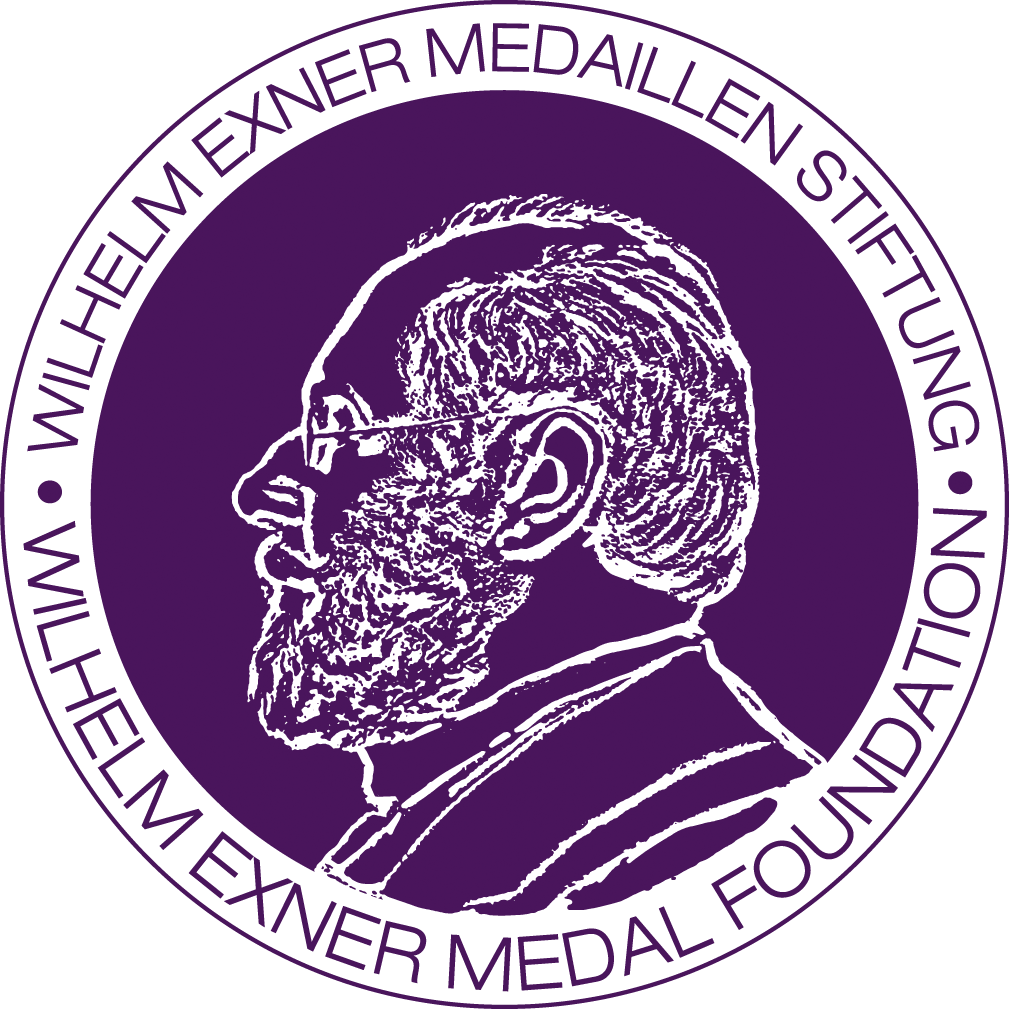
Meir Wilchek became internationally known as a researcher in three areas, namely affinity chromatography, affinity labeling and affinity therapy. What all three research areas have in common is that they always involve questions of affinity, namely the ability of atoms, molecules, macromolecules and tissues to form a certain bond or reaction. For example, the avidin-biotin system that he developed with Ed Bayer of the Weizmann Institute is associated with his name. It is based on the fact that these two unrelated proteins, which occur separately in nature – avidin is found in egg white, biotin is found as a vitamin in various foods – form an outrageously strong bond with each other, but this bond is reversible under certain conditions. The avidin-biotin system represents a great asset for purifying and identifying biologically active substances, such as enzymes, hormones, proteins, even cells, in tissues, and is an excellent example of how basic research can lead to practical application.
It has applications in a wide range of industrial production processes, namely from the fields of physics, chemistry, biochemistry, cell biology to biotechnology and nanotechnology, and includes state-of-the-art techniques such as the use of biosensors, DNA arrays and protein microassays, i.e. methods to capture genomics and proteomics. Meir Wilchek grew up in German-occupied Poland, and later in Russia. He, his sister, and his mother survived the persecutions of the Nazi regime, while his father was murdered. In 1949 he emigrated to Israel, where he studied chemistry at Bar-Ilan University and earned a doctorate in biochemistry at the Weizmann Institute in 1965. He then spent three years in the United States as a research fellow at the National Institutes of Health.
In 1968 he returned to the Weizmann Institute, where he was promoted to Associate Professor in 1971 and to Full Professor three years later. He also served for several years as Chairman of the Department of Biophysics at the Weizmann Institute and as Dean of the Faculty of Biophysics and Biochemistry. Wilchek has received many awards, including the Wolf Foundation Prize for Medicine in 1987, the Pierce Prize for Biorecognition Technology, and the Sarstedt Prize.

